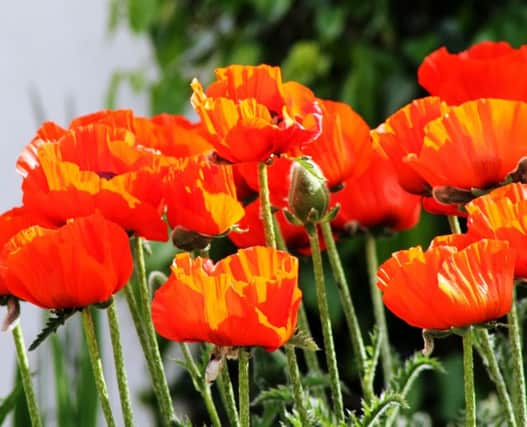Gift from nature


Some of these escapees have made new homes in a wider world and they have been welcomed; others have found themselves far more powerful than the native flora, and they have run riot to become hated species.
And yet others have fallen between the two – some people love them while others hate them with a passion bordering on paranoia.
Advertisement
Hide AdAdvertisement
Hide AdAnd one of these plants, believe it or not, is Meconopsis cambrica, the Welsh poppy, so familiar in so many gardens. It’s pretty, it’s colourful and it can grow just about anywhere, although it really is a perennial plant of damp, shady, hilly or rocky places, and is also found on walls and roadsides.
It flowers from June to August and attracts pollinating bees and insects. It is an ideal plant to brighten up a shady corner in a garden but not only is it a Harry Houdini but also a pocket Napoleon – a 50cm-high power plant making its home wherever there is space and opportunity.
And it doesn’t need much space; the Welsh poppy can seed in the smallest of gaps, and once it has taken root, it is the devil of a job to remove it.
But why should anyone want to eject such an attractive plant? Meconopsis cambrica has attractive fresh-green foliage and comes its flowers come in a variety of colours – from sunshine yellow to deep orange. It is totally reliable; once it has found a home it goes about colonising the land all around, scattering thousands of tiny black seeds in summer.
Advertisement
Hide AdAdvertisement
Hide AdIf you catch them early enough, it’s relatively easy to remove them, but once a plant has got a hold it is a far more difficult job because this is a tap-rooted perennial, and that root is often anchored into inaccessible cracks and crevices or hidden beneath the stems of herbaceous plants or, worse still, roses.
Some people have called Welsh poppies promiscuous because of their ability to colonise any ground anywhere, but I have a soft spot for them, especially when a double-flowered form springs up unexpectedly. Look upon them as a gift from Nature and feel privileged that one – or many more – have chosen to move into your garden.